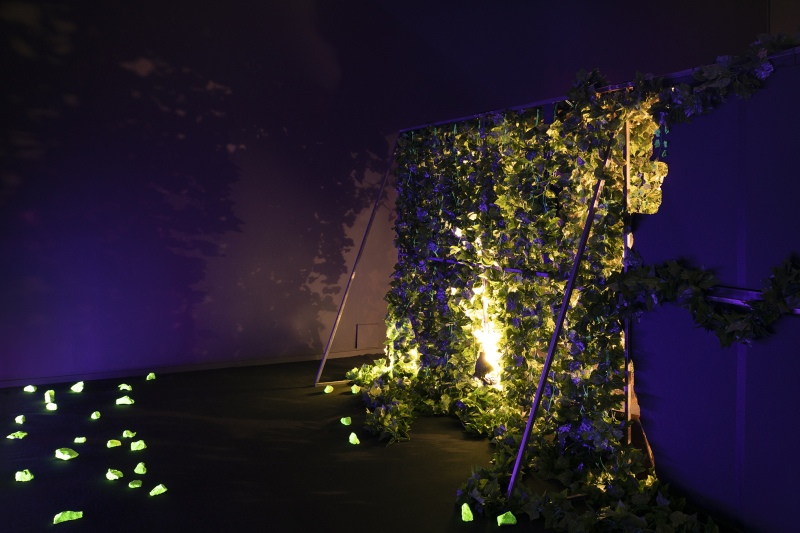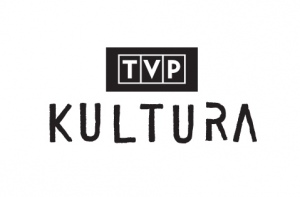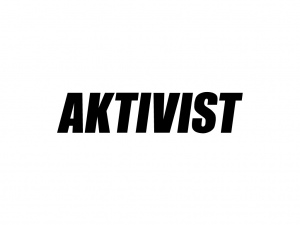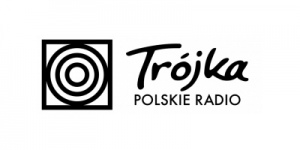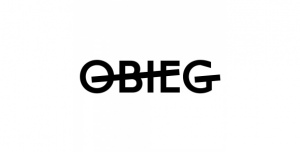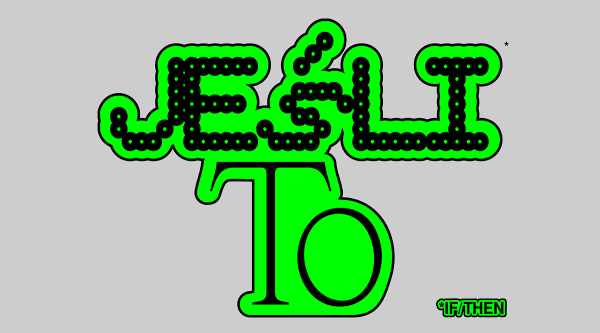The Tarta Collective
Overgrowth
Small stories are important, says – three times during a single conversation – Angelika Gad (Cebula) the founder of TARTA, an interactive art collective established in May 2021.
Overgrowth [Zarastanie] is an extensive narrative that can be read on many levels. It tells the story of a small community living in the former village of Mikołajów in the Świętokrzyskie Voivodeship, located on the Osiek–Połaniec route. Following the discovery of sulphur deposits, the arrival of the mining industry, and the construction of the Osiek Sulphur Mine, the local community was displaced in a process that began in the 1960s and lasted until the 1990s.
This is also a story representative of many other similar places, spaces, people, and communities in Poland. Whether it is thanks to the sensitivity of the young artists or the humble and cheerful nature of Mikołajów’s former residents, there are no hard feelings, anger, nor complaints in their stories and recollections. Perhaps, with time, such feelings have “overgrown” with an idyllic vision of the land of their childhood. There, as one of the protagonists says, a hug from their mum would solve all the problems. The characters in this story are ordinary people (predominantly older women) who talk about their past – simple and beautiful – life. This past life –lived somewhere that was eventually taken away by industry – is now (unexpectedly), recouped for them and the viewer through interactive, new technologies used by TARTA. Mikołajów appears to be paradise lost, overgrown with sorrow that turned it into a safe, beautiful enclave. It is somewhere they can escape into memories – as one of the protagonists says, she only has good dreams in Mikołajów.
The exhibition is centred on the experiences of displacement, the past and the present. Viewers can move through these subsequent zones, via a tunnel created by the artists. In it, they will find the past materialised in particular pieces of furniture, artefacts, and photographs of the now-non-existent space of Mikołajów. Viewers will be able to bring this past back to life with the use of contemporary digital technologies and NFCs, i.e. near field communication. After scanning them, viewers will gain access to paintings, statements, and interviews with Mikołajów’s residents.
As viewers exit the past, they will find themselves in the zone of displacement, where developing vegetation slowly overtakes the space and objects and furniture illustrate new reality marked by progressing processes of degradation, dysfunction, and industrialization of form.
The third and final part of the exhibition embodies the present – on the one hand, the complete dematerialization of the old Mikołajów and, on the other, plenty of hope placed in the processes of reconstruction and revival made possible by the forces of nature. This area will be shrouded in darkness and illuminated occasionally by sparkling flashes of sulphur.
Contemporary art often examines social issues. Artists address the grievances or injustices affecting individual people or entire communities. However, it often seems that they do it because of economic circumstances or fashion. It seems disingenuous, cynical, and lacking authentic understanding and empathy. Similarly, environmental issues are also unfairly distorted. All the more, we should appreciate the strength of the Overgrowth project, which stems from authentic empathy and a need to show the world this small, simple micro-world populated by ordinary people. As for the TARTA leader, Angelika Gad – who works with contemporary art trends and new technologies – Mikołajów is not just an object of artistic expression, but also a home to personal memories – a place full of orchards, whose history she wanted to rediscover and share with others. As she explains: “[…] the stories of where we come from determine who we are and what we do in our work. We don't have to talk about politics or world-view conflicts if we know nothing about them. There's plenty of room in art for such socially-focussed, ‘small’ stories.”
- Text
-
Krystyna Różańska-Gorgolewska
-
